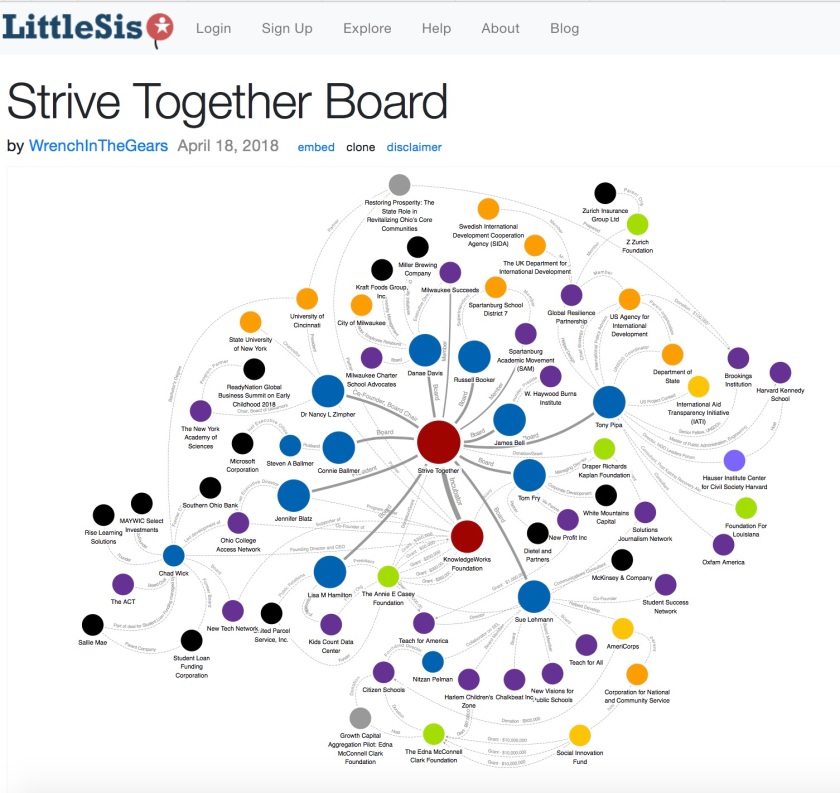Our Public Schools Aren’t Failing; We’re Failing Our Public Schools
I’ve noticed an uptick lately in the number of folks talking about school choice, charter schools, and competition. I’m guessing this is a by-product of the recent swing in public opinion against charter schools, and the attendant backlash against 2020 presidential candidate and big charter school cheerleader, New Jersey Sen. Cory Booker.
The conversation around charters and choice, however, like so many discussions in the public square, is far too superficial. It lacks nuance and depth, and winds up reducing a complex, complicated issue down to isolated images and simplistic terms. And while everyone is entitled to their own opinion about the schools, they are not entitled to their own facts.
For example, one of the most common “talking points” trotted out in these discussions is that of “failing schools”–here’s an example from a recent Facebook thread…
If a school is failing that also hurts the neighborhoods. Just because it is a traditional public does not mean its acceptable. Its clear parents are opting to other districts and charters for many reasons. All which seem to be ignored. The reason other school keep opening is because others keep failing.
I don’t doubt that this poster believes this rhetoric; I just wish that we’d all dig a little deeper, and be curious as to the reasons that some schools struggle while others are flourishing. Because the reasons that things happen are pretty important, and tell us a lot about what we should believe.
So let’s try an analogy… CONTINUE READING: Our Public Schools Aren't Failing; We're Failing Our Public Schools | Eclectablog





















